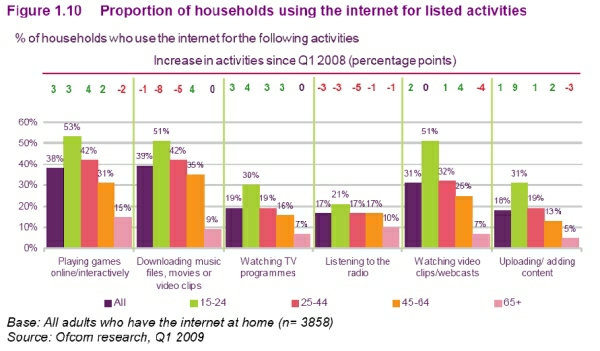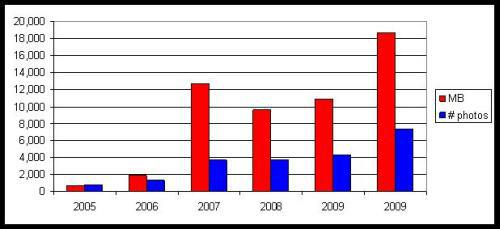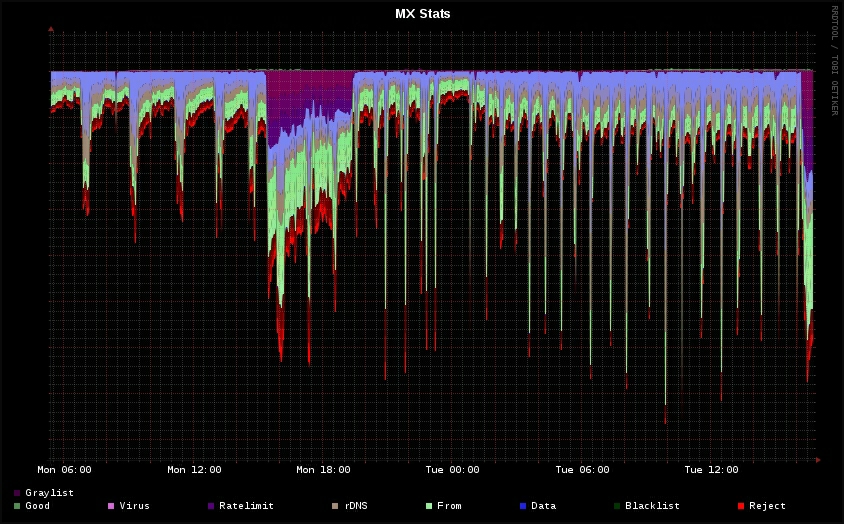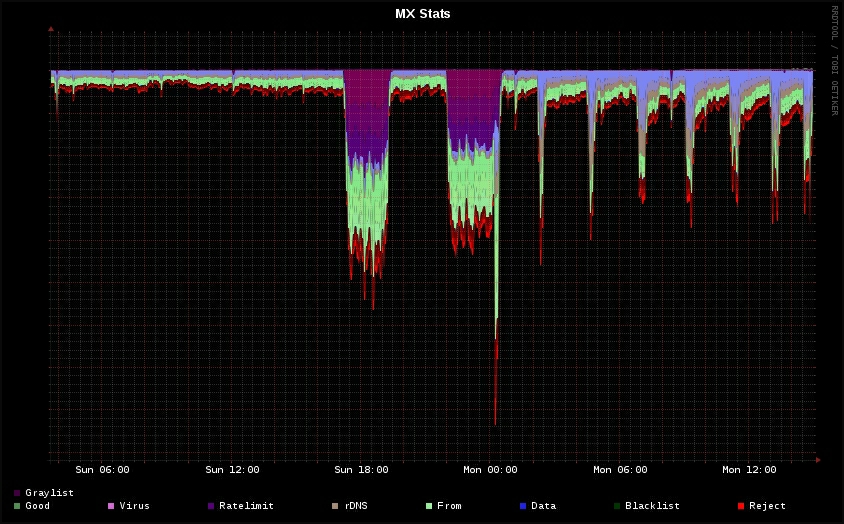It looks like nothing was found at this location. Maybe try a search or one of the links below?
I’m doing some research into Virtual Machines, storage trends and cloud computing. I’d be interested in hearing from people who use these services, thinking about using them or from software vendors offering solutions in this space.
I’m particularly interested in who is using such products in the UK. Timico already offers these types of services but I’m looking at expanding this area of activity and would welcome input with product definition and market segmentation.
Anyone wanting to contact me can either just leave a comment on this post or email me (tref at timico.co.uk) and I will happily call them back. Thanks in advance.







